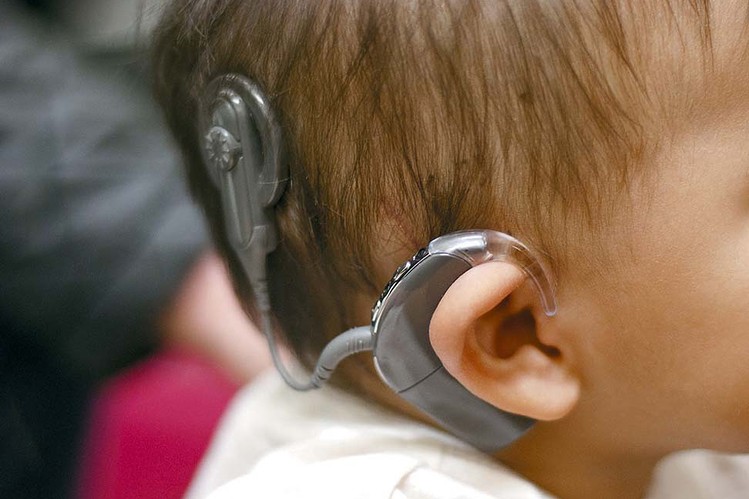How to Treat Severe Hearing loss: Cochlear implants

Have you ever heard of hearing implants and cochlear implants? These are not hearing aids at all and strangely enough, not many people are even aware that cochlear implants have been around for the past 40 years! More than 300, 000 cochlear implants have been inserted into the inner ears of people with severe hearing loss, to help give them back their sense of hearing. Cochlear implants are advanced hearing devices which are surgically inserted into the inner ear to send electrical signals to the brain to help babies, children and adults hear. The surgery is usually straightforward and patients can go home the next day, sometimes the same day. Hearing technology in a cochlear implant is extremely advanced.

At our ENT specialist clinics, we see many patients with ear and hearing problems, some of whom have such severe hearing loss that standard hearing aids just do not help much. Some of these adult and paediatric ENT patients with severe hearing loss may have had normal hearing to begin with, and then have gone on to lose their hearing due to different causes, later in life. Some babies may be born with severe hearing loss which is detected shortly after birth though a newborn hearing screening program that is done in hospitals in Singapore, Australia, the UK, the USA and many other countries. If hearing aids do not benefit these babies, children and adults, then the option of having a cochlear implant will and should be offered.
Before universal newborn hearing screening was available in Singapore, many babies born with severe hearing loss would be missed and their hearing loss would often not be picked up until much later in life. Sometimes, by the time they were diagnosed with hearing loss, it would be much too late to consider a cochlear implant to help their hearing because the longer these children with severe hearing loss go without any hearing input, then the lower the chances of regaining their hearing with a cochlear implant. The part of the brain which receives sound input, just like any muscle in your limbs, will tend to atrophy or weaken without any sound stimulus. So nowadays, children born with severe hearing loss usually undergo cochlear implantation between 1-2 years of age, even sometimes younger if their weight is safe to have general anaesthesia.
Adults who have worn hearing aids for some time and then noticed that their hearing aids don’t seem to help them much anymore, should also consider having a cochlear implant. Studies (and patients!) show that the hearing achieved with a cochlear implant is much clearer and more natural than hearing with a hearing aid. So it’s literally a “no-brainer”: Consider having a cochlear implant if you have poor hearing or if your hearing aid doesn’t help you to hear well anymore.
Useful info: Singapore citizens may be eligible for government subsidies for cochlear implants (one ear in adult patients and both ears in children).
Share this blog via:


